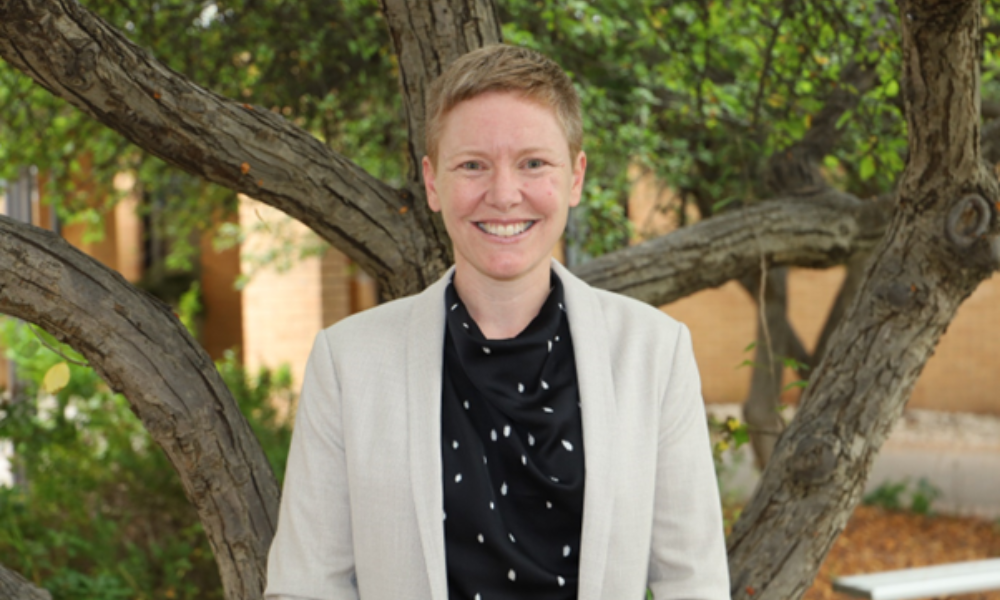
The ACT Victims of Crime Commissioner believes in weaving work and life together

Last month, Women & Leadership Australia announced ACT Victims of Crime Commissioner Heidi Yates as the recipient of its 2025 ACT Award at the Australian Awards for Excellence in Women’s Leadership, an award that recognises Australian women and gender-diverse individuals who drive change and contribute significantly to equity progression in society. Yates, who is slated to accept the award at the Australian Women’s Leadership Symposium on August 29, joined an elite group of awardees that included the following:
Yates spoke of the award as “not just a reflection of my individual efforts, but of the collective strength and resilience of the women I work alongside. It is a reminder that leadership is about empowering others, amplifying voices, and driving change within our own communities”.
In the first part of this interview, Yates shares her lawyer origin story with Australasian Lawyer, and tells us why she believes not in “work-life balance”, but in weaving those two elements together.
The principles of social justice have been a guiding force in my life, ultimately shaping my decision to pursue a career in law. Growing up in Canberra as the second of four children, I was immersed in a family where colourful discussions about life, community, and politics were commonplace, and debate was encouraged. When it came time to choose a path at university, I considered both social work and law—two fields offering opportunities to drive meaningful social change—and ultimately chose to study Arts/Law.
My favourite part of the job is working in legal environments that balance direct client work with the opportunity to drive systemic change. I’ve always been drawn to the holistic and efficient approach of Legal Aid Commissions and Community Legal Centres. In handling casework, lawyers not only address individual legal problems but also identify recurring patterns, using these insights to shape community education programs and advocate for law reform. In this work, legal professionals amplify their clients' voices, presenting their experiences to lawmakers to advocate for laws that work more effectively for all. Professionally, I’ve found that contributing to systemic advocacy can make frontline legal work more satisfying and sustainable. It’s empowering to know that learnings from day-to-day casework are helping to build more effective and equitable legal frameworks for the future.
In the legal profession, there are always cases that ‘stick with you’ and remind you why you chose to enter legal practice. I recall numerous cases from across my career where clients–many of whom have endured unimaginable trauma and hardship–have trusted me to work with them at some of the most difficult times in their lives. The privilege of earning their trust, and witnessing their resilience and determination firsthand, has been the most memorable aspect of my career. These experiences continue to guide and motivate my legal career.
Busy lawyers are often asked about work-life balance. Over the last 20 years, I've come to realise that work and life aren't opposing weights on a set of scales; rather, they resemble an interconnected ecosystem—a complex network where each element influences and supports the others. The people and values I hold close shape the work I choose to pursue. Overall, both my paid and volunteer roles have deepened my sense of purpose and identity and cultivated lasting friendships that enrich every aspect of my life. These personal and professional connections often open doors to new work and social opportunities. It's not about balancing work and life—it's about weaving them together.